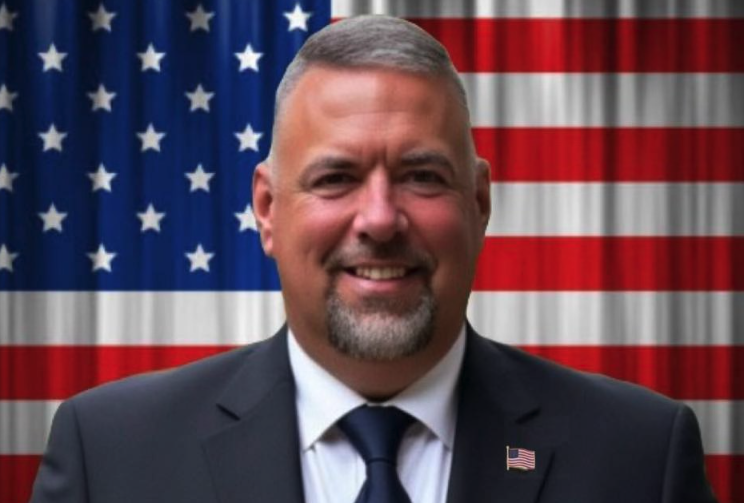Cable agreement in Westlake not exclusive
Published 5:45 am Wednesday, May 10, 2017
Why is Vyve the only cable provider in the Westlake area when Cameron Communications has cable lines that run through Westlake to get to Moss Bluff?
We have been told by an unverified source that years ago, when cable first came into this area, that the city of Westlake and the cable company (at that time) made an agreement that no other cable providers would be able to come into the area.
If this is the case, it seems that this would not be a legal practice because of having a monopoly in an area. However, if there is some truth to this, and there is some sort of contract, how long is it in effect for and is there something that the residents can do about it?
Trending
Andrea Mahfouz, Westlake city clerk, said Vyve doesn’t have an exclusive agreement with the city. It has a regular franchise agreement, she said.
Mayor Bob Hardey has asked both Cameron Communications and Suddenlink to provide cable service to Westlake, but both companies have declined the request, Mahfouz said.
She said Dudley Dixon, who served as Westlake mayor from 1982 to 2007, was similarly turned down by Cameron Communications, which, as the reader notes, does have lines running along Sampson Street.
State, cable
Under state law, cable providers must seek franchise permission from the state. But the law — called the Consumer Choice for Television Act — has only been in effect since August 2008. Before that, providers routinely signed franchise agreements with parishes and municipalities.
For example, the Calcasieu Parish code of ordinances contains franchise agreements with Cebridge Connections, now Suddenlink; BCI James Cable and CommuniCom Services, both of them now Vyve; Cablesouth Media III, a regional provider; and Cameron Communications.
Trending
Under the Consumer Choice for Television Act, a cable provider that has a local agreement can operate in its franchise area under a state permit if the local agreement expires or is terminated or if the company wants to offer service “in local governmental subdivisions where it currently does not have an existing franchise.”
The law’s legislative findings section, which lays out the rationale for the measure, says the state’s policy is to “increase competition for cable services and video services” to promote “diversity of information and new resources” and economic development.
“Increased competition in cable services and video services not only provides consumers with more choice, better prices, and better services, but also encourages and speeds the deployment of new communication technologies to the public,” reads the statute, R.S. 45:1362.
“The technology used to deliver cable and video service is not constrained or limited by local governmental subdivision boundaries. Accordingly, it is appropriate for the legislature to review and update the policy of this state with regard to these services and to protect the health, safety, and welfare of Louisiana citizens.”
Online: www.legis.la.gov.




